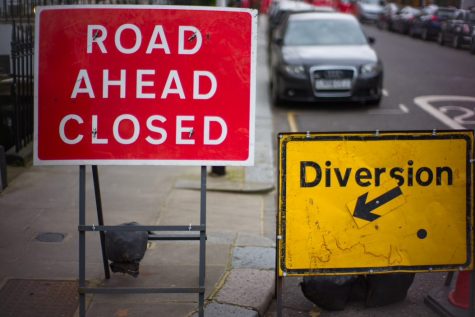Avid readers are the most susceptible for academic success
November 6, 2020
It is difficult to find successful people who aren’t avid readers. However, according to the National Endowment for the Arts, the percentage of 17-year-olds who choose not to read for pleasure has doubled over a 20-year period. The art of reading for pure entertainment has been replaced by video games, streaming services, and unlimited internet access.
College professors are complaining about the decline of quality in students writing and the disappearance of basic writing skills. This deficiency can be the cause of the unwillingness to read independently and poor prior education. After losing the ability to write how they read, students are left to write the same way they casually communicate. The structure of talking and technological communication, such as texting, are implemented into college-level essays and assignments. It is rare that students produce quality writing using habits rendered by independently consuming professional and well-written content.
College imposes little focus on writing skills. Throughout high school, students were often rewarded an acceptable grade through the expression of their ideas. If students could explain a clearly developed idea, even with poor grammar and sentence structure, a reputable grade was granted. This trend has made its way to college campuses and many course grades are analyzed based on these principals. Professors are continuing to reward and reinforce incompetence. High schools attempt to promote high-level writing and editing skills through peer revision strategies. Inadequate writers are to edit inept essays. Without being experienced writers themselves, the main mistakes amateur editors search for are spelling errors and run-on sentences. There is little to no emphasis on correcting improper grammar as both parties don’t contain sufficient knowledge on the subject.
Socioeconomic status has been a popular culprit for a student’s success in their educational environment. Higher class families statistically produce students that do better in college. However, research by the Organization for Economic Co-Operation and Development was conducted on how socioeconomic status and parental education levels related to student success. Their research indicated that the reading habits of adolescent students may have had a greater influence on their achievement than both socio-economic status and the level of education attained by their parents. Reading for pleasure was found to contribute to their education more greatly than having a parent with a degree. Independent readers at all grade levels scored higher on standardized tests in all subject areas, developed impressive reading comprehension skills, increased fluency, and overall higher levels of general knowledge.
Socioeconomic status does, however, play an important role in choosing which students and young children can access books. The United States is home to millions of impoverished children, two-thirds of which do not have access to any sort of reading material. 93contributing their services to lower illiteracy rates. The university offers a Language and Literacy group for young children ages 3-4, with a focus on children who are learning English as a second language or suffering from speech delays. Campus is also home to a chapter of the Pi Beta Phi women’s fraternity, whose philanthropic events support Read>Lead>Achieve nation-wide, a charity working towards fluent literacy in all children and adults.
Brooke Kruger is a Dakota Student Opinion Writer. She can be reached at [email protected]













